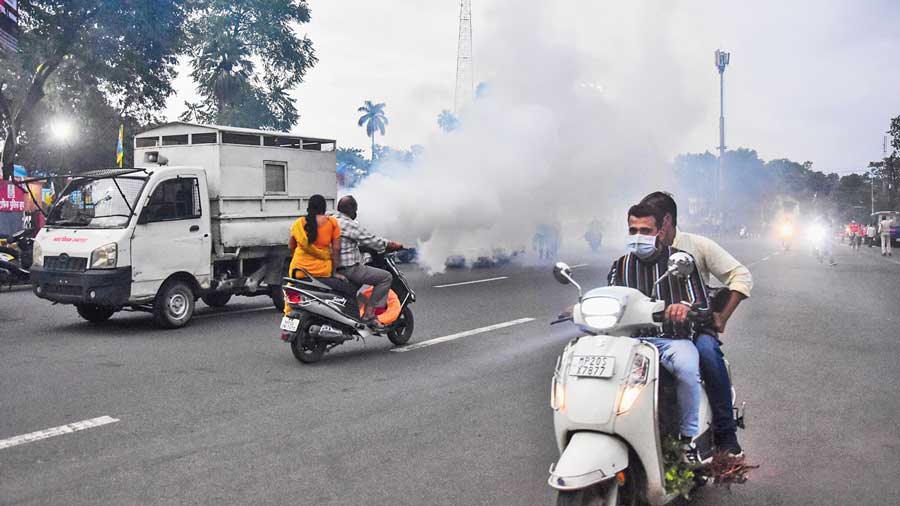The World Health Organisation on Wednesday endorsed the first ever vaccine to prevent malaria, debuting a tool that could save the lives of tens of thousands of children in Africa each year.
Malaria is among the oldest known and deadliest of infectious diseases. It kills about half a million people each year, nearly all of them in sub-Saharan Africa — among them 260,000 children under age five.
The new vaccine, made by GlaxoSmithKline, rouses a child’s immune system to thwart Plasmodium falciparum, the deadliest of five malaria pathogens and the most prevalent in Africa. The vaccine is not just a first for malaria — it is the first developed for any parasitic disease.
In clinical trials, the vaccine had an efficacy of about 50 per cent against severe malaria in the first year, but dropped close to zero by the fourth year. And the trials did not measure the vaccine’s impact on preventing deaths, which has led some experts to question whether it is a worthwhile investment in countries with countless other intractable problems.
But severe malaria accounts for up to half of malaria deaths and is considered “a reliable proximal indicator of mortality”, said Dr Mary Hamel, who leads the WHO’s malaria vaccine implementation program. “I do expect we will see that impact.”
A modelling study last year estimated that if the vaccine were rolled out to countries with the highest incidence of malaria, it could prevent 5.4 million cases and 23,000 deaths in children younger than age 5 each year.
And a recent trial of the vaccine in combination with preventive drugs given to children during high-transmission seasons found that the dual approach was much more effective at preventing severe disease, hospitalisation and death than either method alone.
To have a malaria vaccine that is safe, moderately effective and ready for distribution is “a historical event”, said Dr Pedro Alonso, director of the WHO’s global malaria programme.
New York Times News Service










